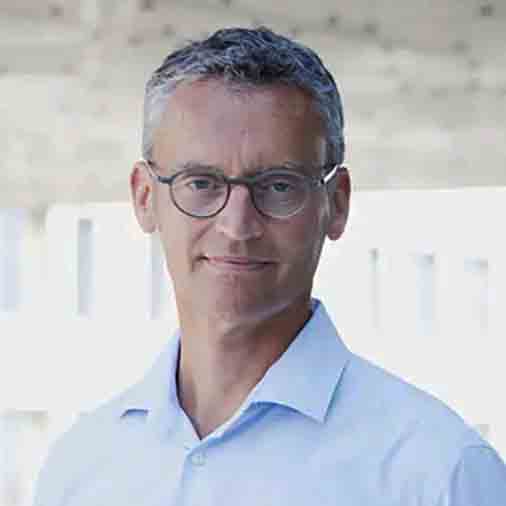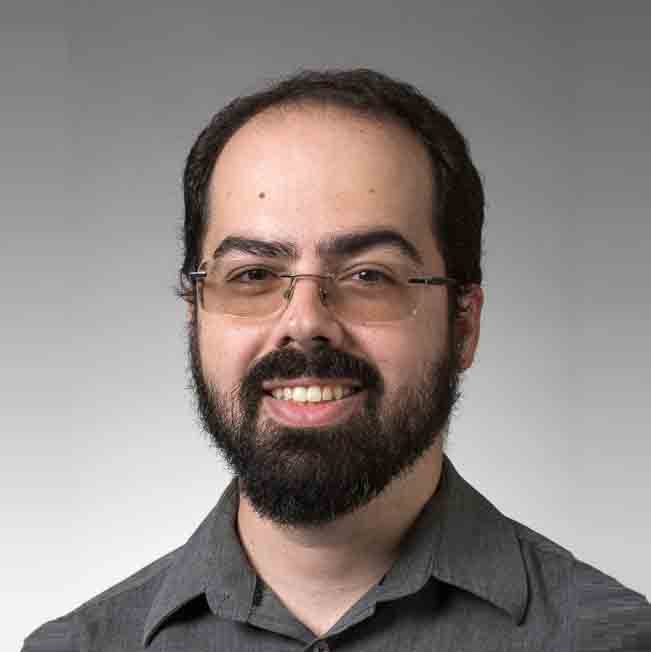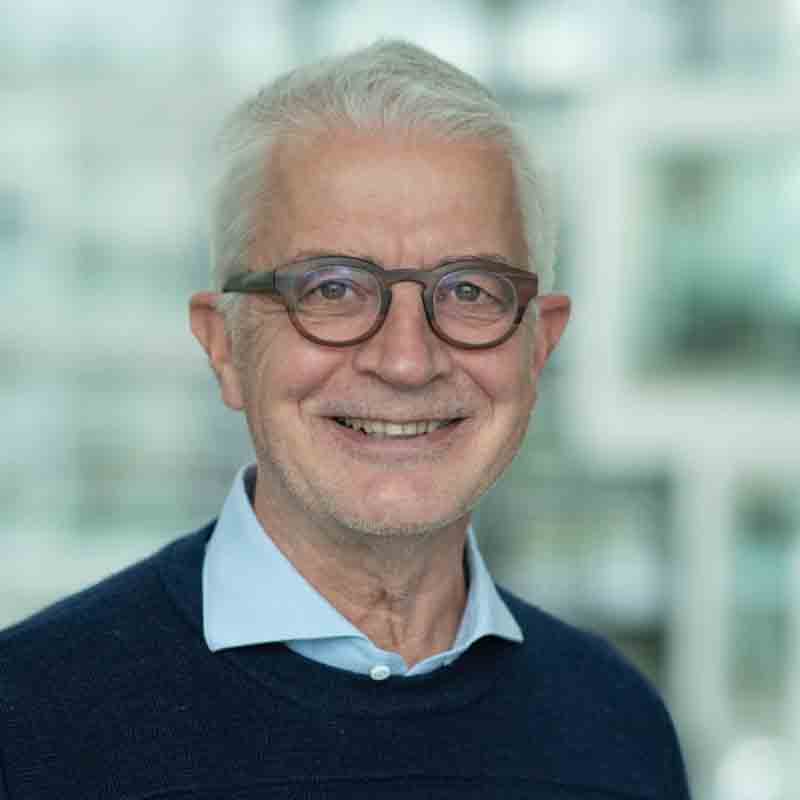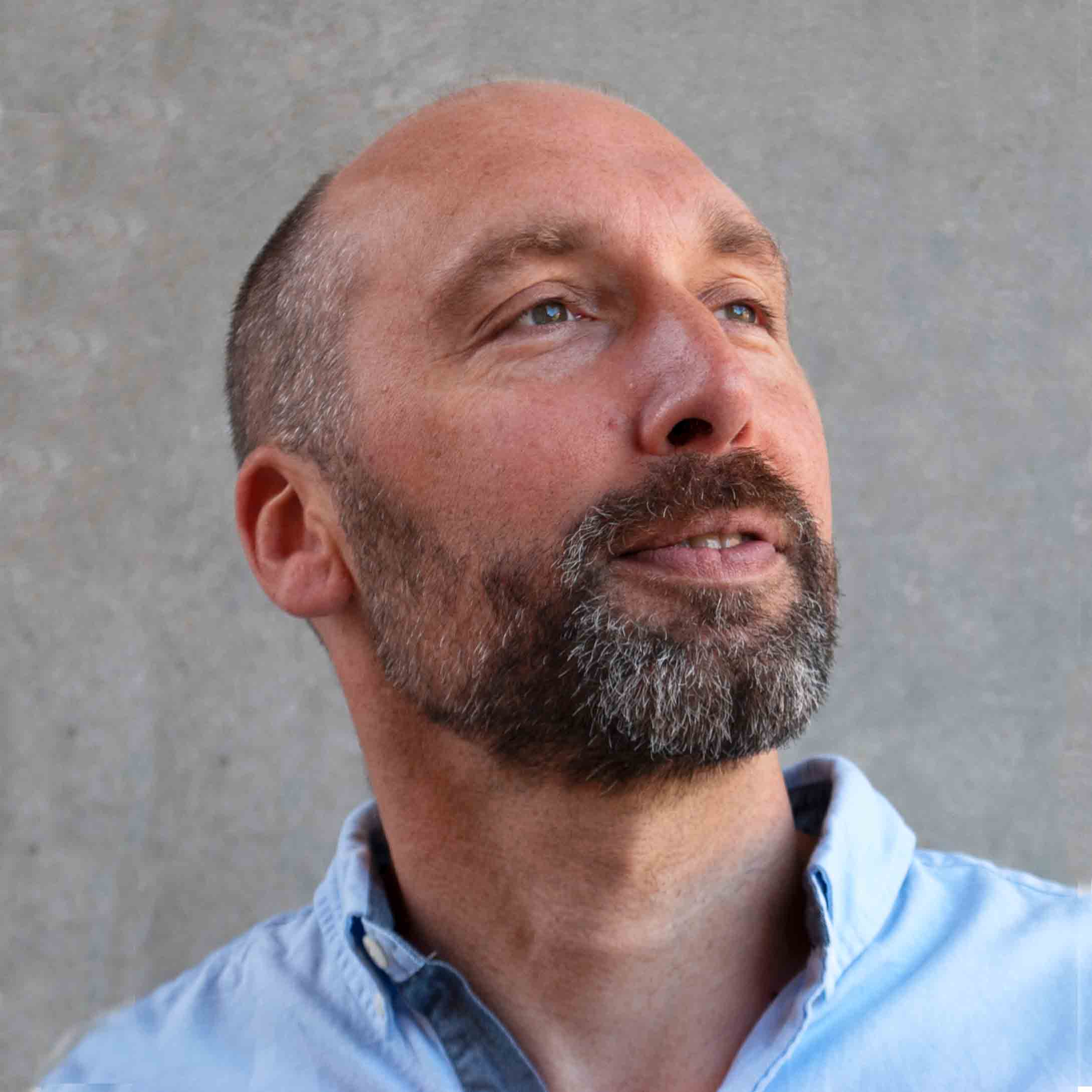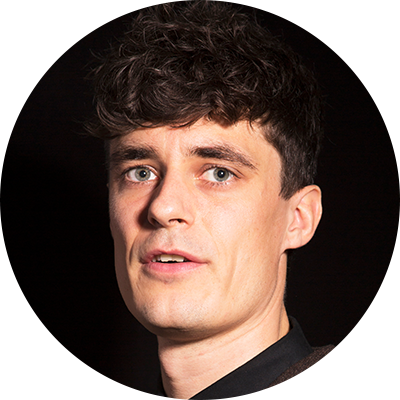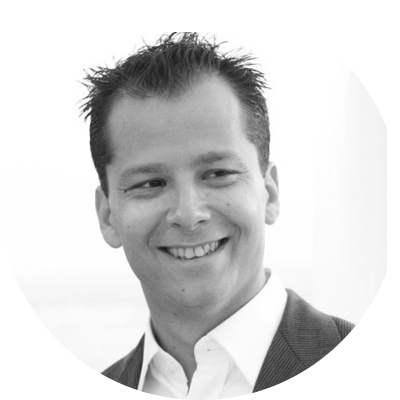Your gateway to education and knowledge about blockchain
Blockchain Academy Network
The Danish Industry Foundation has invested DKK 6.7 million in the Blockchain Academy Network: The aim of the network is to qualify Danish business leaders for a future with entirely new business technologies.
The Blockchain technology opens up many possibilities for further democratizing market forces for the benefit of people and companies. It is important to educate company leaders about the possibilities of this technology and which factors are important when choosing a blockchain technology.
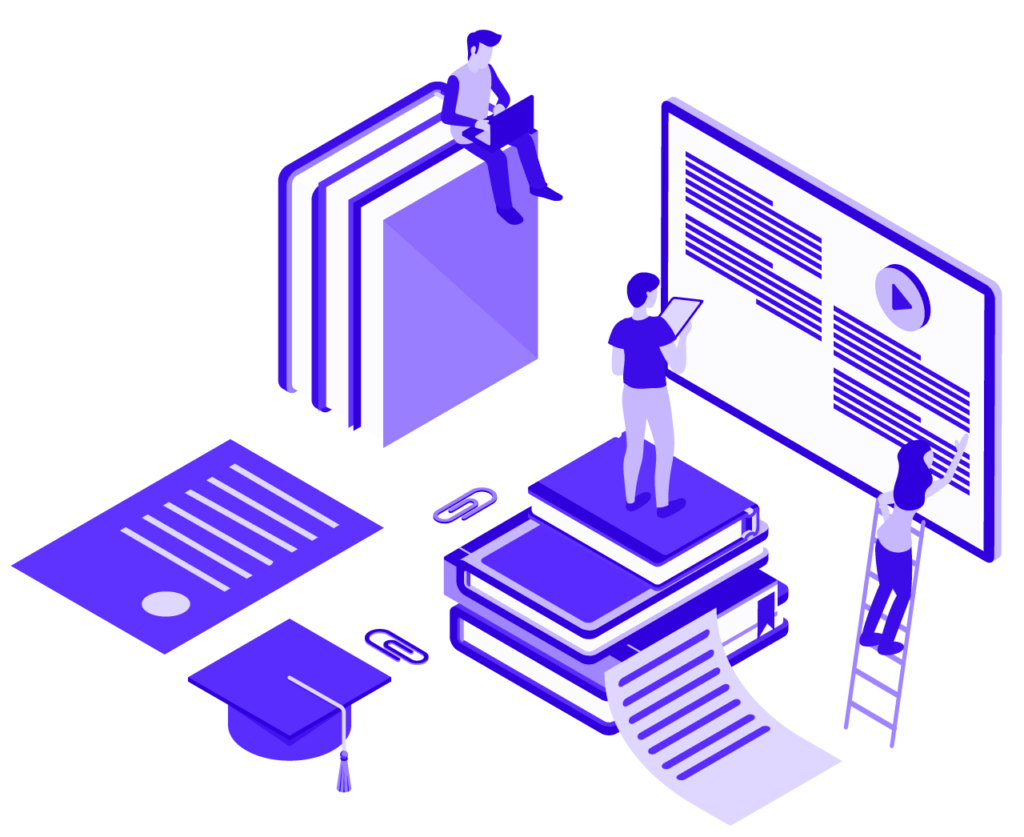
A Danish meeting point
with international ambitions
The Blockchain Academy Network is a Danish point of access with focus on blockchain technology. The project is called the Blockchain Academy Network, and it aims to bring together Denmark’s brightest minds within blockchain technology to teach and upgrade the Danish business community, organisations and the political system so that they can better understand the opportunities and challenges in the technology.
PURPOSE
The purpose of the project is to:
Undertake
... educational and dissemination activities based on valid cases and research-based methods to achieve a concrete and value-based approach to blockchain in Danish industry.
Establish
...a close collaboration with industry and business organisations in order to acquire scope and make educational activities and future scenarios as relevant and case specific as possible.
Initiate
... networking activities and gather experience and learning insights from other blockchain projects supported by the Danish Industry Foundation. This will benefit the specific educational activities and also contribute to the discussion of future strategic initiatives / educational programs targeted at the companies.
Videos
Are you interested in the blockchain technology and the opportunities in this field? Are you technically gifted and do you seek a broader understanding of the ability of blockchain technologies?
We have produced videos with technical content about the blockchain technology on our Youtube channel, and it is available in English so most people will be able to follow and gain new knowledge.
You will find three types of videos – research, outreach and courses – which are divided and organized into different playlists marked with each of the three labels:
BLOG
Blockchain creates new business opportunities for the car industry and the financial sector
Blockchain is a modern version of the financial accounts that we have been using for centuries. But how does blockchain technology actual...
Feb 22, 2021 / Read More
Blockchain skaber nye forretningsmuligheder for bilindustri og finanssektoren
Blockchain er en moderne version af de økonomiske regnskaber, som vi har brugt i århundreder. Men hvordan fungerer blockchain-teknologien...
Feb 18, 2021 / Read More
Det kræver et digitalt mindset at udnytte mulighederne med blockchain-teknologien
Blockchain-teknologien er med til at skabe en stor underliggende transformation, og det er derfor vigtigt, at der deles viden om teknolog...
Dec 21, 2020 / Read More
Finding Real-World Bugs in Smart Contract Interactions with Property-Based Testing
How to automatically test for bugs in Decentralized Finance
Dec 14, 2020 / Read More
Preventing an $8M attack on Ethereum’s bZx deFI platform with property-based testing
Most of the work on this blog was done by Mikkel Milo, research assistant at Computer Science, Aarhus university
Oct 07, 2020 / Read More
ContaCt
Contact project partners
The partner group behind the Blockchain Academy Network is primarily academic players as well as the blockchain project Concordium. Overall, they have a solid overview of the theoretical and practical angles of technology, and several of the parties involved have hands-on experience with blockchain projects.
The project is being headed by the Alexandra Institute in collaboration with Concordium, the Department of Engineering at Aarhus University, AU Centre for Digitalisation, Big Data and Data Analytics, the European Blockchain Center at the IT University of Copenhagen and the Copenhagen Institute for Futures Studies (CIFS).

